What is candid photography? Though this might seem like a silly question with a simple answer, it's a little more complex than you might think.
Taking a candid photo is more than just snapping a shot of someone that isn't expecting it.
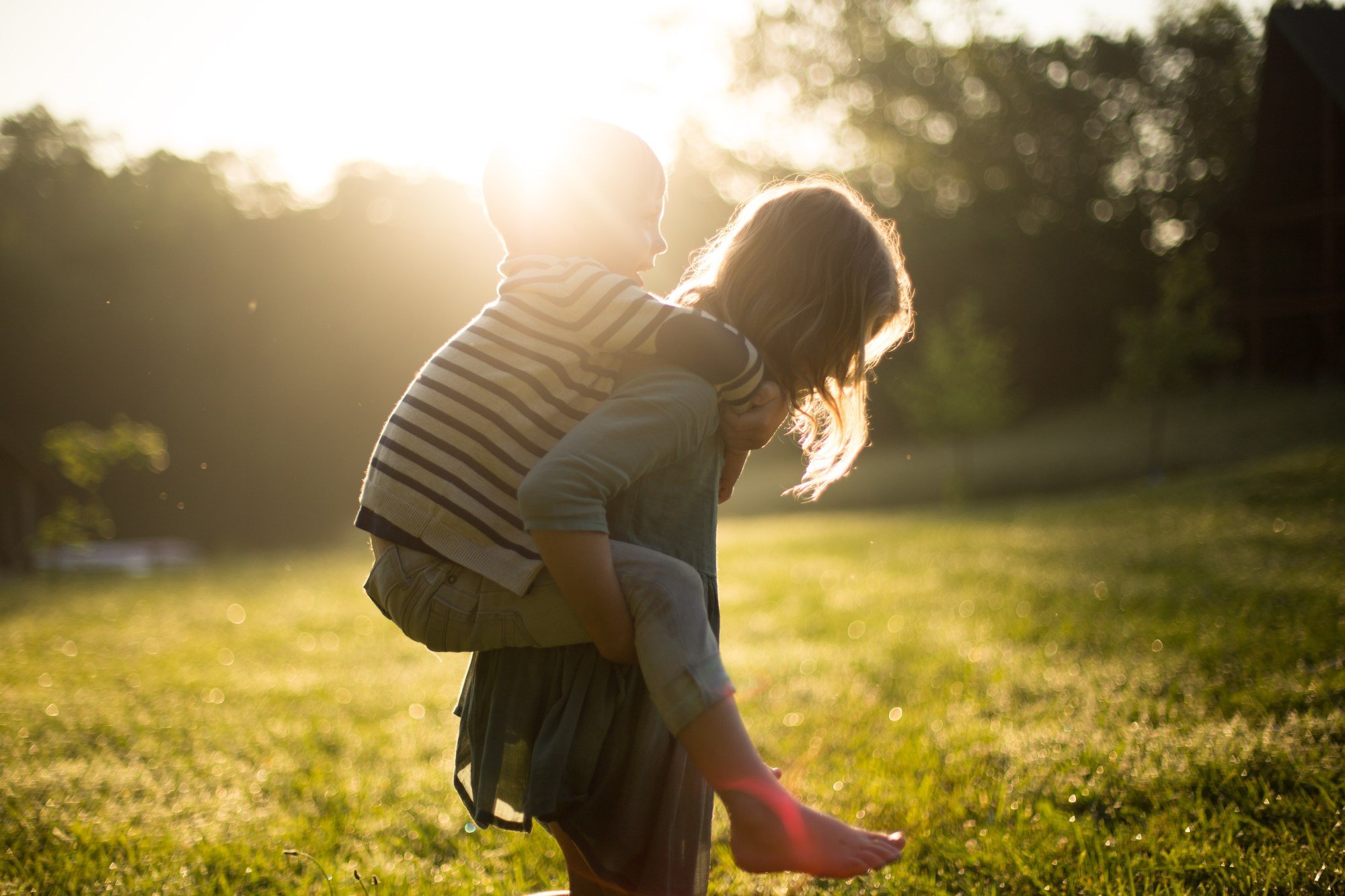

Instead, candid photos require a fair bit of planning, strategic positioning, and the right gear, among other things.
Below, I've outlined some candid photography tips that will empower you to capture the best possible candid photos. Let's get started!
Table of Contents
- What is Candid Photography?
- Candid Photography Tip #1: Start With the Right Gear
- Candid Photography Tip #2: Your Observational Skills are of the Utmost Importance
- Candid Photography Tip #3: Keep Your Camera Close
- Candid Photography Tip #4: Suggested Camera Settings
- Candid Photography Tip #5: Do NOT Use Flash
- Candid Photography Tip #6: Put Yourself in a Position to Get a Great Shot
- Candid Photography Tip #7: Take LOTS of Photos
What is Candid Photography?
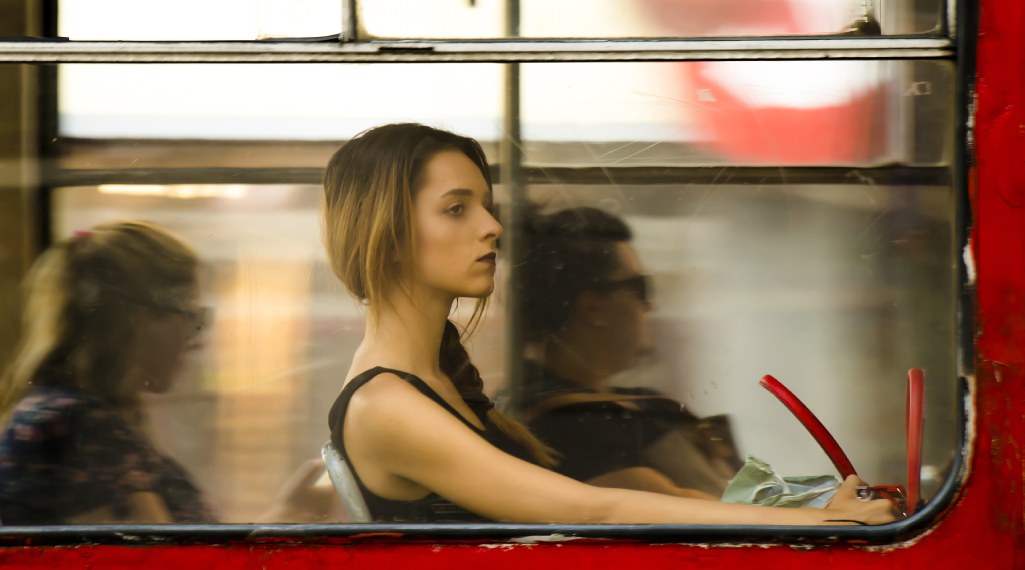 Photo by AlexLinch via iStock
Photo by AlexLinch via iStock
Before we get to the candid photography tips, we first need to define candid photography.
In its simplest form, a candid photo is of an unplanned moment. There is no posing. There is no direction from you as the photographer.
Instead, you assume a "fly on the wall" position and let things play out naturally, your shutter button clicking along the way.
In this regard, candid photography has a distinct photojournalistic vibe. You're documenting something happening rather than directing your subjects to look a specific way or do something you want.
This type of photography is often full of life and emotion, which is why it's become so popular for portraits of all kinds, from family portraits to newborn photography, and even to wedding photography.
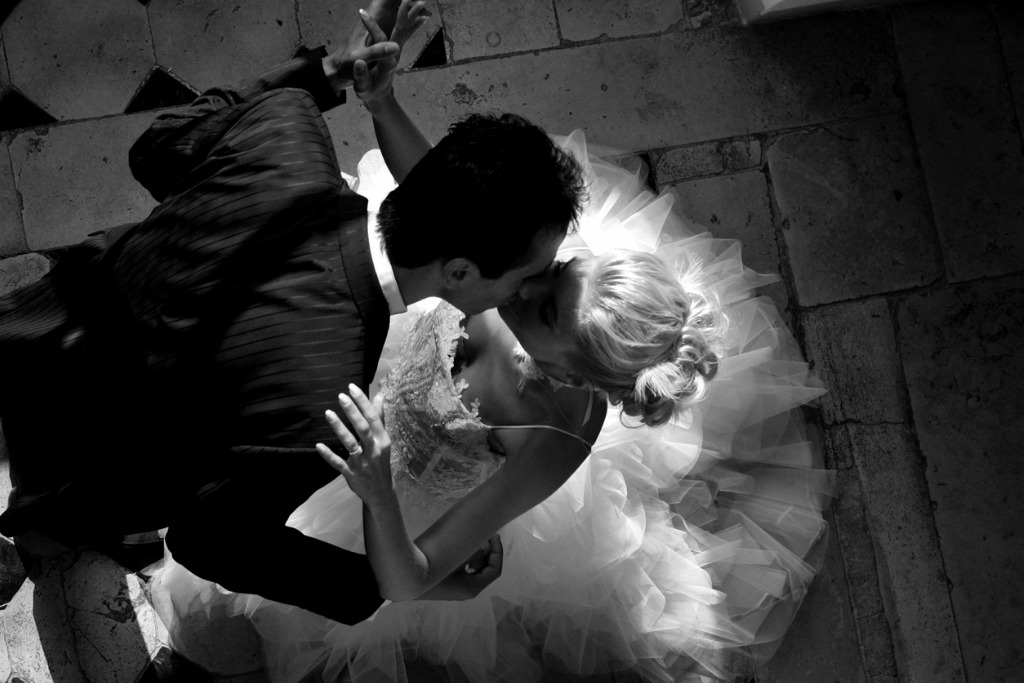 Photo by pictore via iStock
Photo by pictore via iStock
If you're wondering "What is candid wedding photography?", the answer is quite simple.
Couples will typically hire one photographer to handle the formal portraits, such as the posed images of the wedding party, and then hire a second photographer to take candid shots throughout the day.
As noted above, this photographer is documenting the events of the day as they unfold and their images provide a behind the scenes look at the day's events.
The question is, how do you prepare yourself to capture the most effective candid photos?
Candid Photography Tip #1: Start With the Right Gear
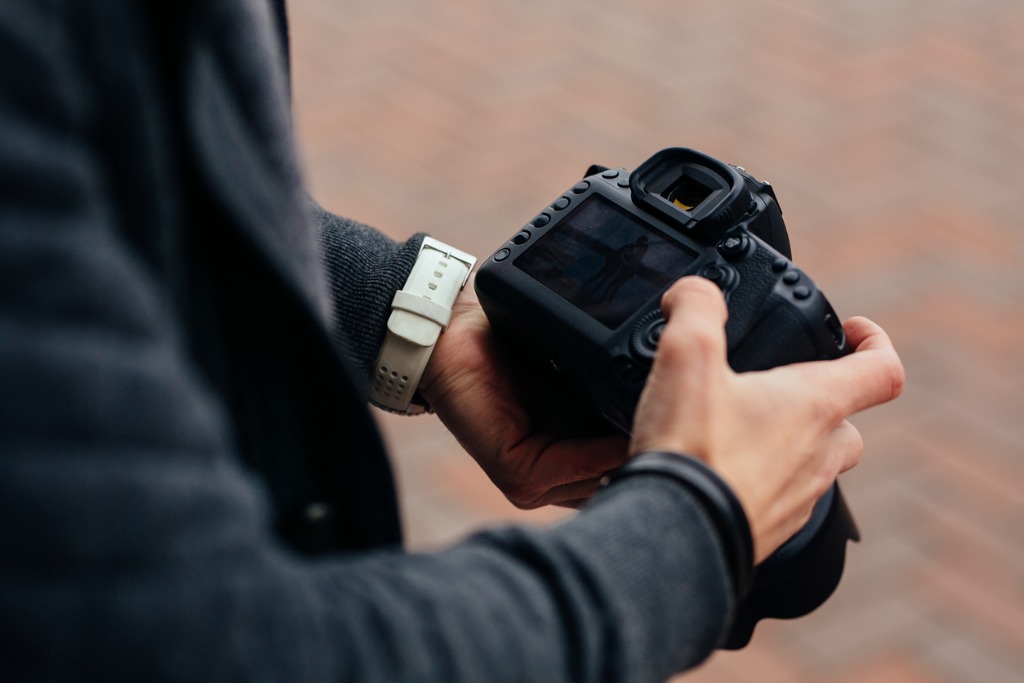 Photo by Maksym Azovtsev via iStock
Photo by Maksym Azovtsev via iStock
You can take great candid photos with just about any camera, you just need to have it with you at all times.
Instead, the key component of candid photography gear is the lens.
Long lenses (i.e., a 70-200mm zoom like this one) enable you to hang back from the scene and let things unfold naturally.
Think about it - if you're three feet away with a 35mm lens trying to take candid portraits of your kids in your backyard, they won't behave as naturally as they would if you're 10 feet away with your 70-200mm lens. In other words, the longer the lens, the more space between you and your subjects, and the more space there is, the more likely your subjects are to be candid with what they're doing.
The other advantage of using a long lens is that even though you're further away, you don't lose the intimacy of the moment.
With the reach of a 70-200mm lens, you can still frame close-up shots to capture the emotions and feelings of the moment, which, as we'll discuss below, are critical to creating the most compelling candid photos.
Candid Photography Tip #2: Your Observational Skills are of the Utmost Importance
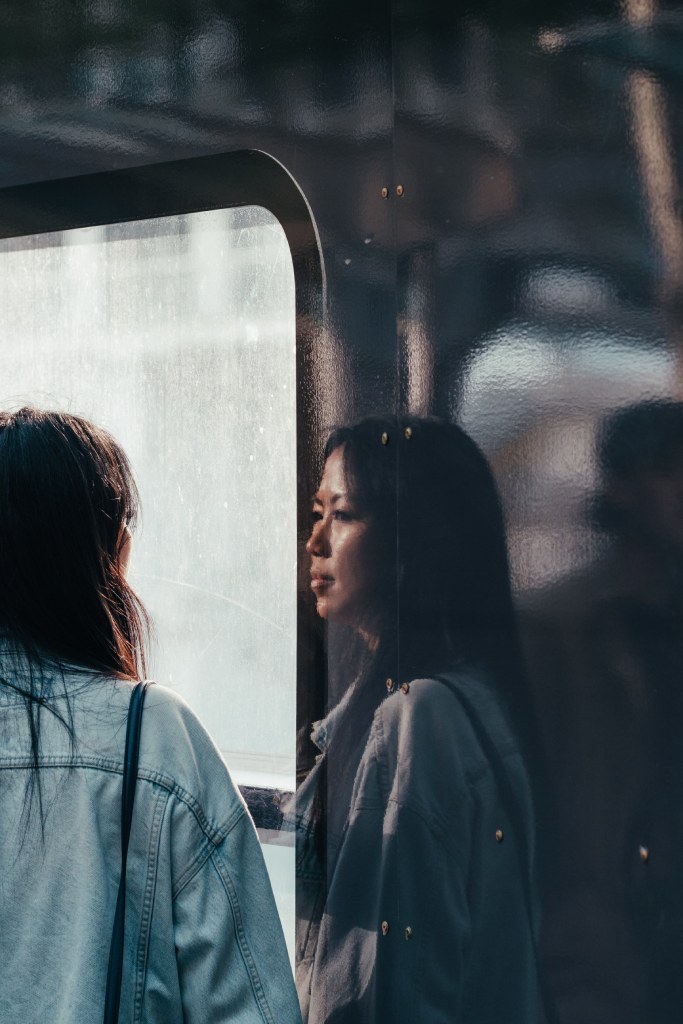 Photo by David Clarke on Unsplash
Photo by David Clarke on Unsplash
Perhaps even more important than having a long lens is having the ability to take note of photo-worthy moments.
This means you have to have an eagle eye with which you can scan large crowds or vast landscapes to find that single instant in which a person (or multiple people) are enjoying a candid moment.
Not only must you train your eye to see these moments amongst the chaos, but you must also be able to recognize the ideal conditions. That is, you need to survey the scene and ask yourself the following:
- How is the light interacting with the subject?
- What is the best angle from which to create a candid shot?
- What's going on in the background of the scene?
- Are there interesting foreground elements that will improve the image?
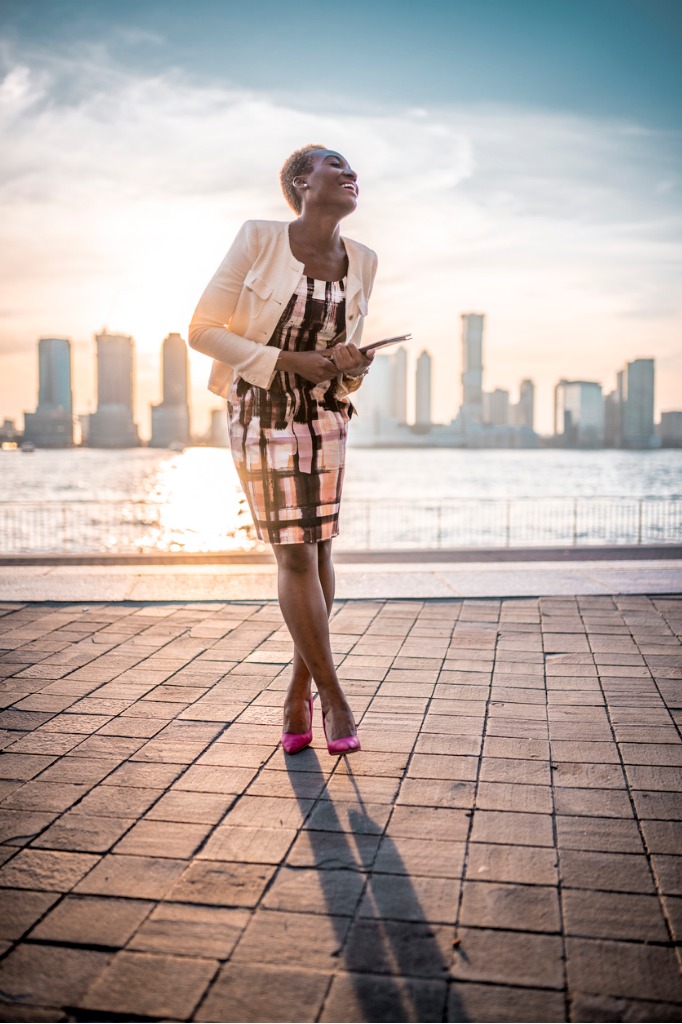 Photo by AzmanL via iStock
Photo by AzmanL via iStock
The above questions are just a few considerations to make when composing your candid photos.
Naturally, good light will get you a better shot, so you need to be strategic about how the light interacts with the subject. On the one hand, a backlit scene can make for some beautifully dramatic silhouetted candid portraits. On the other hand, frontlighting can make the emotions on the person's face much more salient.
 Photo by PeopleImages via iStock
Photo by PeopleImages via iStock
Regarding the angle of view, try to avoid shooting everything from your eye level. There's something to be said for high-angle and low-angle candid photos because they elevate the candid nature of the image.
For example, shooting a portrait of a child from their eye level as opposed to yours invites the viewer to explore the child's world from their point of view.
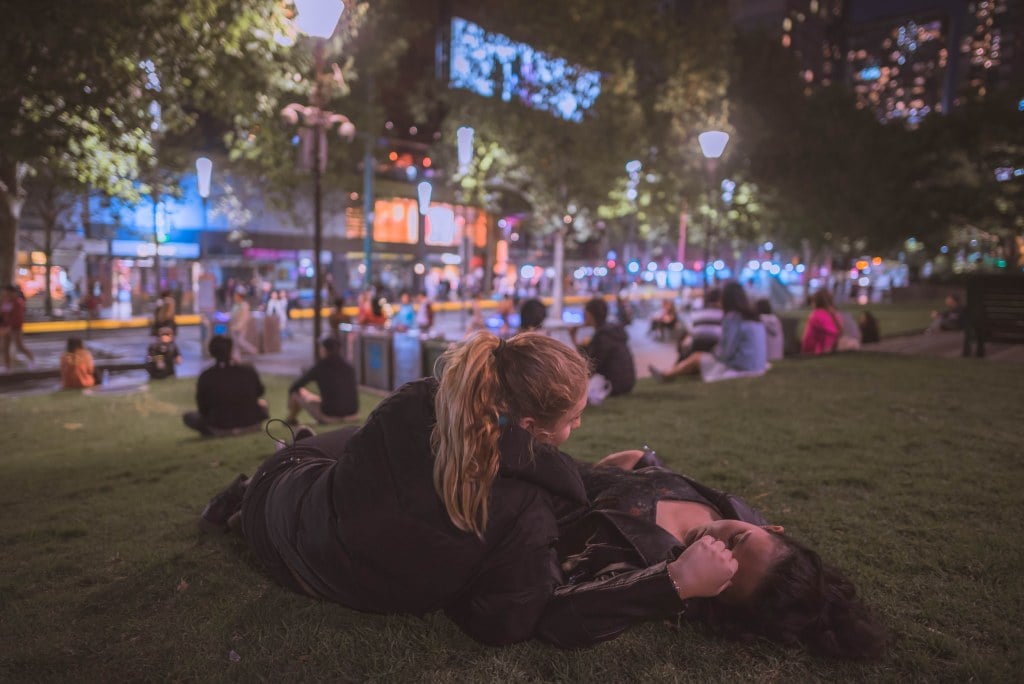 Photo by kevin laminto on Unsplash
Photo by kevin laminto on Unsplash
As with any portrait, it's important to pay attention to what's going on in the background of a candid shot.
Are there interesting elements you might want in focus? Is the background unattractive and need to be blurred? Are there features that are distracting (i.e., tree branches) that need to be framed out of the shot?
When taking off-the-cuff photos like this, it can be difficult to account for everything going on in the scene. However, with practice, you'll learn how to notice background elements and use them to your advantage (or eliminate them) for an improved shot.
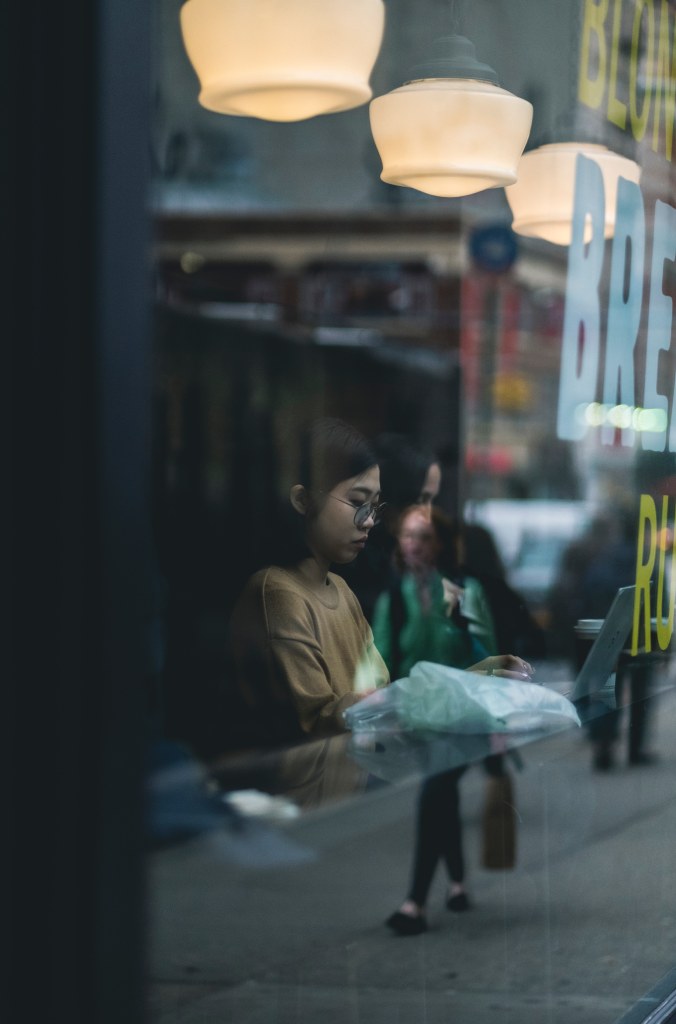 Photo by Fabio Neo Amato on Unsplash
Photo by Fabio Neo Amato on Unsplash
Lastly, as you observe the scene, keep your eyes out for foreground elements that can add visual appeal to the image.
Shooting through something - a plant or a crowd of people, for example - creates a candid photo that has more depth and dimension. Additionally, shooting through something adds to the candid nature of the photo, as if you captured the moment as you passed by without the subjects having any idea you were there with your camera.
Candid Photography Tip #3: Keep Your Camera Close
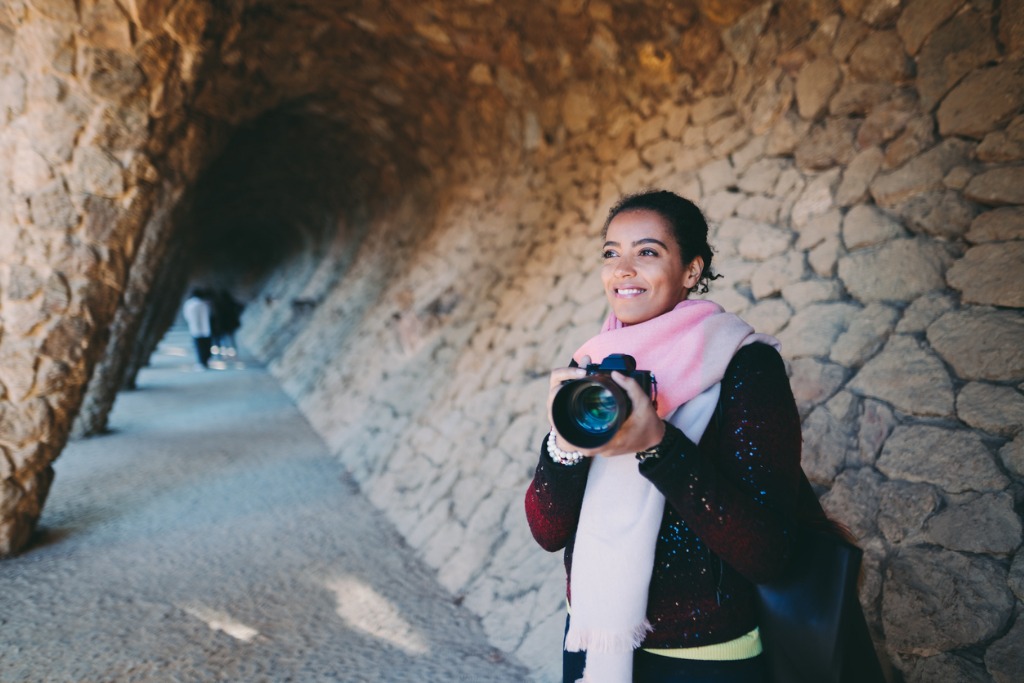 Photo by martin-dm via iStock
Photo by martin-dm via iStock
Candid photography is all about seizing the moment, and having your camera stuffed in your camera bag isn't exactly the way to do that.
Instead, keep your camera out and ready to bring to your eye at a moment's notice.
Whether that means carrying it with a shoulder strap or sling strap, a wrist strap or a camera harness, just ensure that getting the shot won't be impeded by not having your camera ready to fire.
Candid Photography Tip #4: Suggested Camera Settings
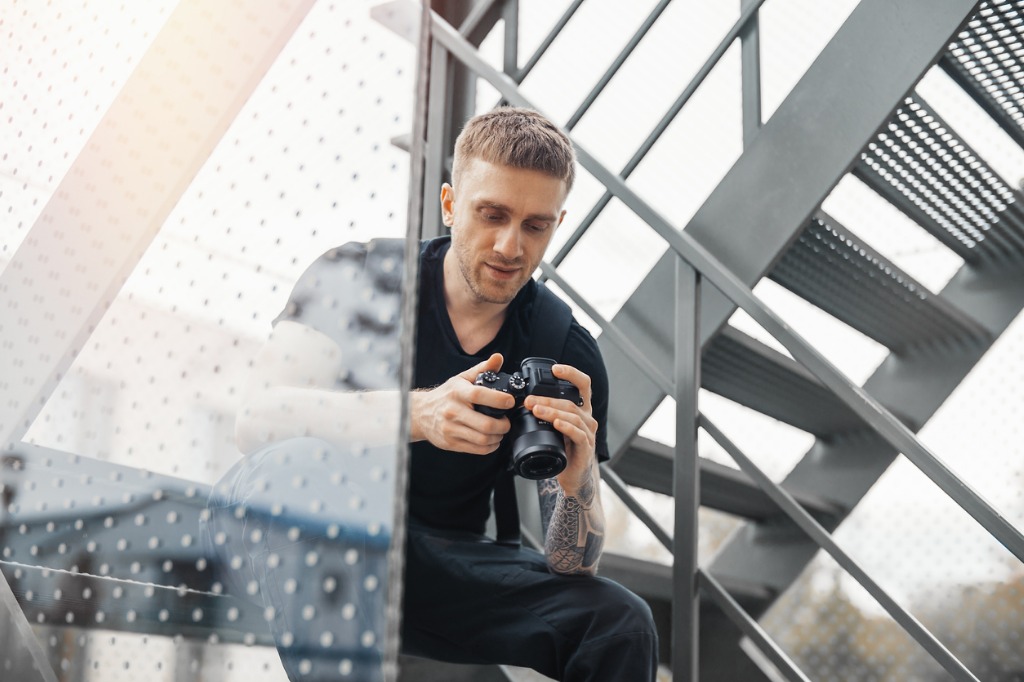 Photo by Julia Gerasina via iStock
Photo by Julia Gerasina via iStock
Since every candid photography situation is different, there are no hard-and-fast rules for the ideal camera settings.
There are a few general rules you can follow to get the highest-quality shots, though:
- Minimize the ISO to the extent possible to minimize the digital noise in the shot.
- If you want to freeze action, you'll need to use a faster shutter speed. Kids playing, for example, might necessitate a shutter of 1/250 seconds or faster.
- To blur the background, open the aperture. As noted above, there will be times when the background is ugly or distracting, so minimizing the depth of field by shooting with a large aperture (i.e., f/1.8) will be advantageous.
- Use aperture priority mode or shutter priority mode in lieu of manual mode. Manual mode is often too slow since you have to change all three exposure settings. Use aperture priority mode in low-light situations and shutter priority mode in action situations.
- Keep your camera on single-shot autofocus unless there's lots of action. In that case, switch to continuous autofocus to allow the camera to continually track moving subjects.
Candid Photography Tip #5: Do NOT Use Flash
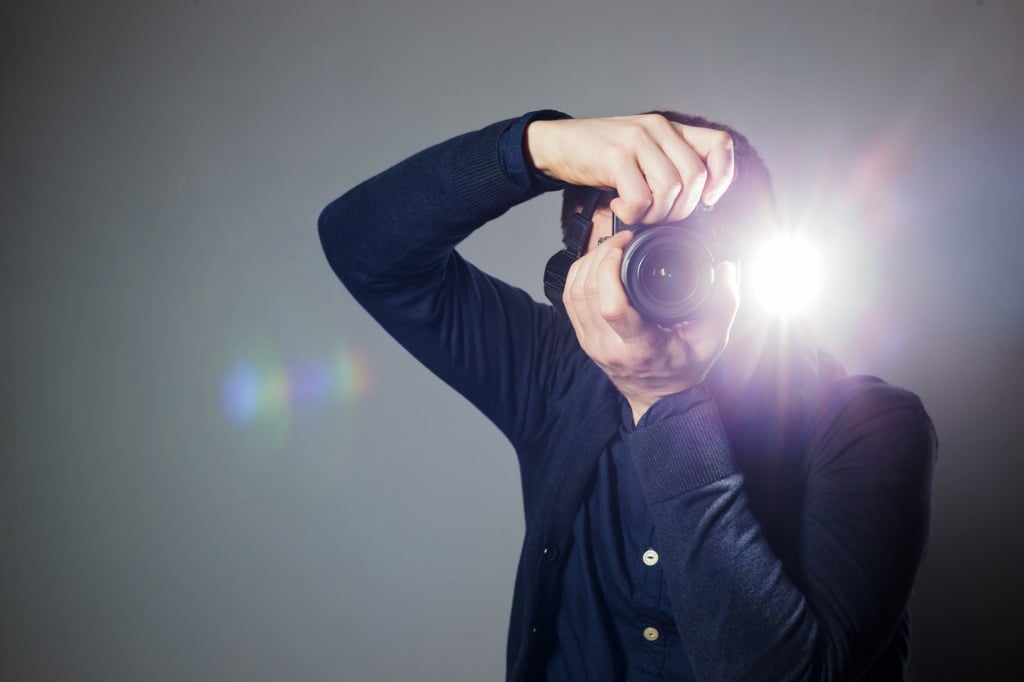 Photo by Koldunov via iStock
Photo by Koldunov via iStock
Nothing will kill the vibe of a candid photo like a bright, harsh flash going off in the subject's face.
Besides, that kind of light looks completely unnatural, which is why I recommended above to pay attention to how the light is interacting with the subject.
If there's not a ton of light, open the aperture to let more light in, slow the shutter speed to increase the duration of light hitting the sensor, or increase the ISO (or do all three!). Learn how the exposure triangle works so you can get a well-exposed image by manipulating aperture, shutter speed, and ISO.
Candid Photography Tip #6: Put Yourself in a Position to Get a Great Shot
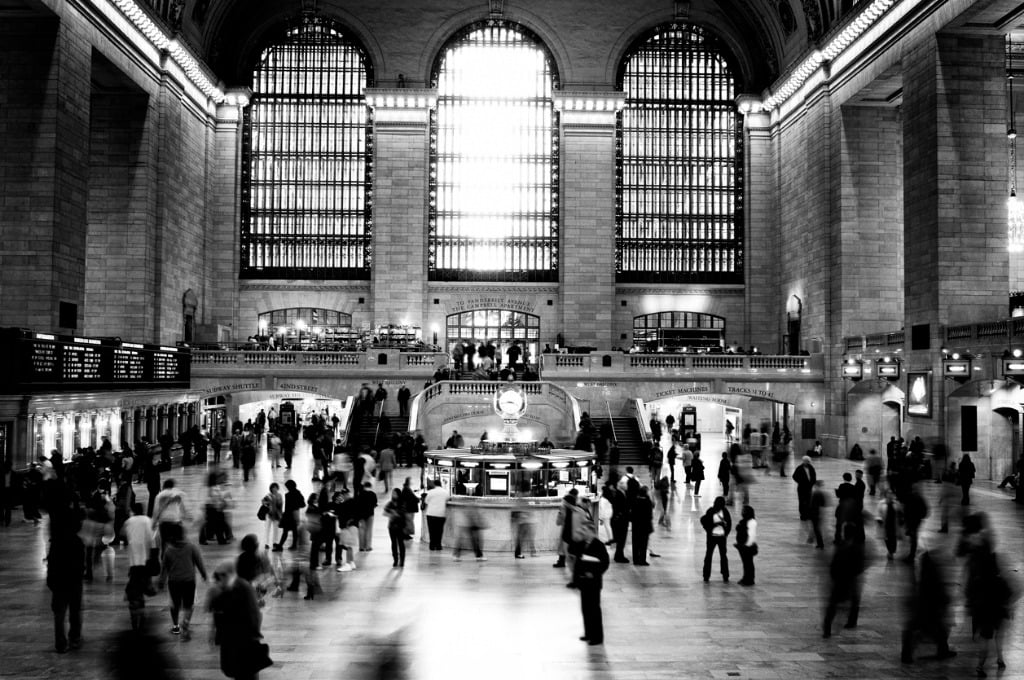 Photo by Lisa-Blue via iStock
Photo by Lisa-Blue via iStock
Earlier, I noted the importance of developing a keen eye for seeing candid moments.
And while this is necessary, there's another approach you can try to getting candid portraits - position yourself strategically.
That is, rather than wandering around trying to spot candid moments, put yourself in a position in which candid moments come to you.
Standing at the top of the stairs at Grand Central Station, positioning yourself outside the entrance of the wedding venue, or putting yourself in the midst of a busy street market are just a few examples of this strategy.
Standing at the top of the stairs at Grand Central Station, positioning yourself outside the entrance of the wedding venue, or putting yourself in the midst of a busy street market are just a few examples of this strategy.
As street photographers will tell you, it's much easier to find a spot with lots of action and stay there with your camera rather than walking around the entire city hoping to run into a great candid moment.
Get more insights on how to visualize a candid shot in the video above by Jared Polin.
Candid Photography Tip #7: Take LOTS of Photos
If ever there were a situation primed for a "spray and pray" approach, this is it.
I'm joking, of course, but only a little bit...
To capture truly authentic moments, one of the best candid photography tips you can employ is to shoot a ton of shots.
Put your camera in burst mode, frame up the shot, and fire away!
Some photographers will also tell you to shoot from the hip - even in burst mode. I find that I just don't have the spatial awareness to frame up a decent shot when the camera is at my hip, but if you can do it and do it well, go for it!
Get more details on taking candid photos in the video above by PhotographyTV.
Candid Photography Meaning
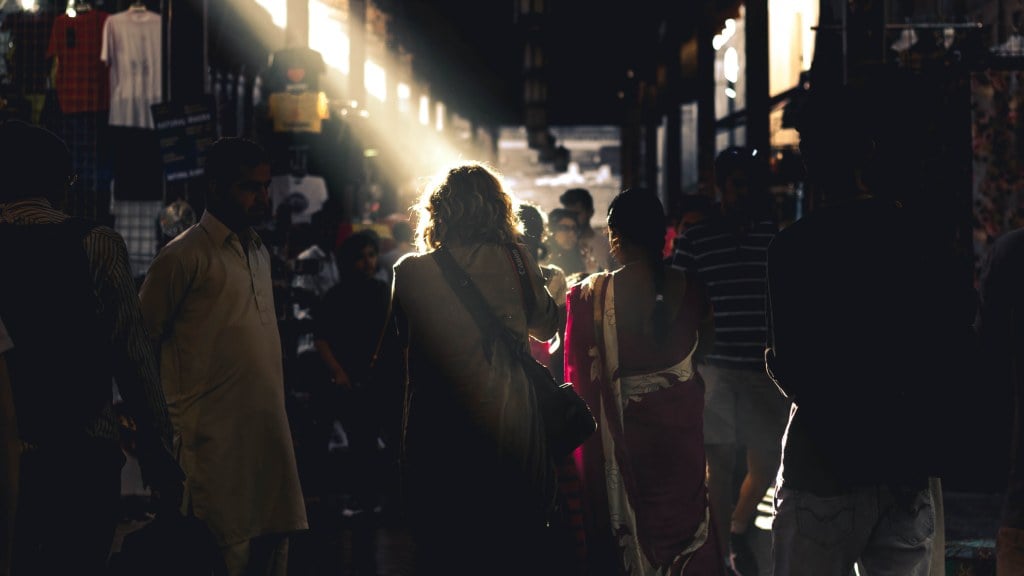 Photo by Yuan Thirdy on Unsplash
Photo by Yuan Thirdy on Unsplash
With that, you have seven candid photography tips to abide by the next time you go out shooting.
Remember, the meaning of candid photography is to capture authentic moments. It isn't about leaping out from the bushes to surprise strangers with your camera, nor is it intended to be something nefarious in which you're a voyeur and intruding on people's personal space.
Instead, the meaning of candid photography is to focus on the emotionality of a moment, the feelings people experience, and translate that into an image that connects with the viewer.
In that regard, candid photography is perhaps one of the most capable forms of photography to transport the viewer to a particular instant in time. That's what candid photography is all about!
This blog post was first published on our website here https://www.photographytalk.com/what-is-candid-photography
This blog post was first published on our website here https://www.photographytalk.com/what-is-candid-photography